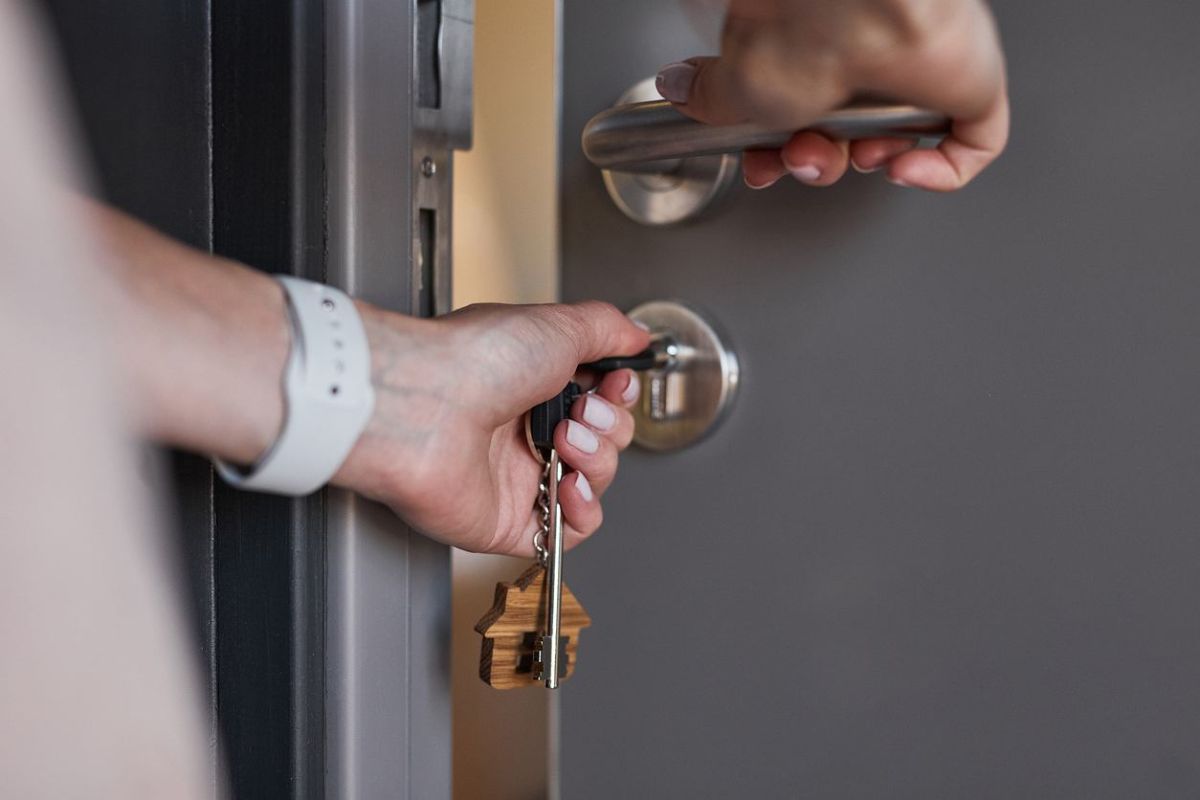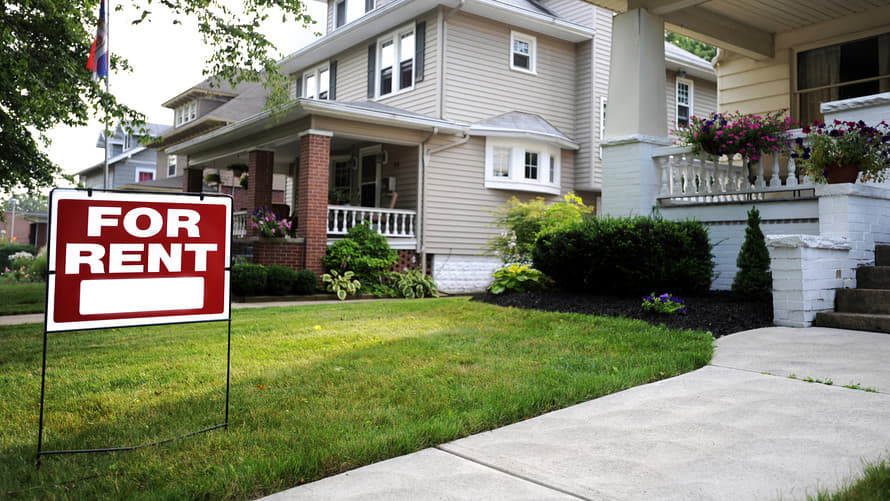Maintaining a clean rental property is important for both landlords and tenants. However, sometimes tenants may fail to adequately clean their rental space. As a landlord, you may be wondering if it is possible to evict a tenant due to lack of cleaning.
In this article, we will explore the question can you evict a tenant for not cleaning and provide guidance on managing this situation.
Can landlords legally evict tenants for not cleaning?
Yes, landlords can legally evict tenants for failure to clean under certain circumstances. The lease agreement signed by the tenant outlines the cleaning expectations and responsibilities.
If a tenant severely violates the cleaning terms in the lease, it could be considered a breach of contract that allows the landlord to begin eviction proceedings.
However, landlords must follow proper legal procedures before evicting a tenant for any reason, including not cleaning.

What are some examples of cleaning standards in a lease agreement?
Most lease agreements specify tenants' basic cleaning obligations, such as regularly disposing of trash, keeping all areas like kitchens and bathrooms clean and sanitary, and promptly cleaning any spills or messes.
Leases may also require keeping the unit free from damage or filth. Tenants should be familiar with the specific cleaning guidelines in their lease to understand their responsibilities and avoid potential eviction.
Related: Are Tenants Responsible For Cleaning When Moving Out?
What are the legal repercussions if tenants fail to maintain cleanliness?
If tenants do not meet the minimum cleaning standards, landlords have certain legal options before evicting. They must first provide written notice to the tenant detailing the non-compliance and giving a reasonable timeline to remedy it.
If the issue persists, landlords can file an official complaint with the local housing authority. Only after exhausting other options can landlords begin the eviction process in court. Tenants can defend against eviction but disregarding the cleaning guidelines makes their case more challenging.
What steps can landlords take when tenants do not clean?
Landlords must follow the legal eviction process, which varies by location. They should give written notice of the cleaning breach and deadline to resolve it.
If tenants still do not address the issue, landlords can proceed with eviction hearings. Reasonable cleaning expectations could include keeping pests out, regular trash disposal, cleaning appliances, and avoiding damage from uncleanliness.
However, landlords must communicate expectations clearly and allow tenants opportunities to correct issues before pursuing eviction.
What are some alternative solutions to eviction?
Eviction should always be a last resort, so landlords should try other options first if possible. Communication is key - landlords could schedule a mediation meeting to discuss the problem and come to an understanding.
Hiring professional cleaners and asking tenants to pay or splitting costs may also solve the situation without damaging the landlord-tenant relationship through eviction.
Working together respectfully usually leads to better outcomes on both sides.
How can cleanliness be proven if a tenant fails to clean?
Landlords have the right to document property conditions to demonstrate tenants' lack of cleaning.
Taking dated photos of the unit before and after tenancy provides strong evidence of uncleanliness. Landlords can photograph concerning areas like kitchens, bathrooms, or areas affected by pests or damage from filth.
Thorough documentation establishes a clear record to support claims against tenants if needed in eviction proceedings.
How can tenants avoid eviction for cleaning issues?
Tenants can protect themselves by carefully reviewing and understanding all lease terms, especially those related to cleanliness and maintenance.
Following all cleaning guidelines and promptly reporting needed repairs helps tenants comply with their contractual responsibilities.
Maintaining open communication, keeping the unit clean and sanitary at all times, and addressing any landlord concerns right away significantly reduce tenants' risk of facing potential eviction for cleaning problems.
Conclusion
In conclusion, landlords can evict tenants for severe and prolonged failure to clean as established in the lease agreement. However, eviction is considered a last resort. There are usually alternative solutions landlords should try first, such as respectful communication, setting reasonable expectations, providing notice and an opportunity to correct issues, or potentially offering temporary cleaning assistance.





